GET BETTER
FEATURE FILM \ RUNTIME: 101 minutes
GET BETTER was produced with funds donated by friends, family, and fans during the late summer of 2011. Principal photography began on 10 October 2011 in New York City, and wrapped on 8 November 2011 in Tryon, North Carolina. Post-production began immediately, and was completed on 15 June 2012 in Greenville, South Carolina.
GET BETTER was written by Chris White and Emily Reach White — who were inspired by Emily’s father’s decade-long struggle with chronic Lyme disease. The Whites directed their cast to improvise nearly every line of dialogue, and conceived of each character with the specific actor in mind.
Most of the film was shot in and around the idyllic home of Robert and Mary Linder of Tryon, North Carolina. Other scenes were shot at Landrum (SC) High School, Furman University, and at Rhythm and Brews in Greer, South Carolina.
The Linder’s swimming pool is not heated.
CREDITS
Written & Directed by Chris White + Emily Reach White Produced by Jennifer Baxley, Chris White + Emily Reach White Ellie Marisa Viola Roy Robert Linder Stu Monica Wyche Mike Chris White Jane Lise Ewing Anzelone Cinematographer Alan Ray Editor Jeter Rhodes Original Score by David C. Wright GET BETTER was originally released to film festivals, live event screenings and on DVD in 2012.© 2024 STUDIO FIFTEEN

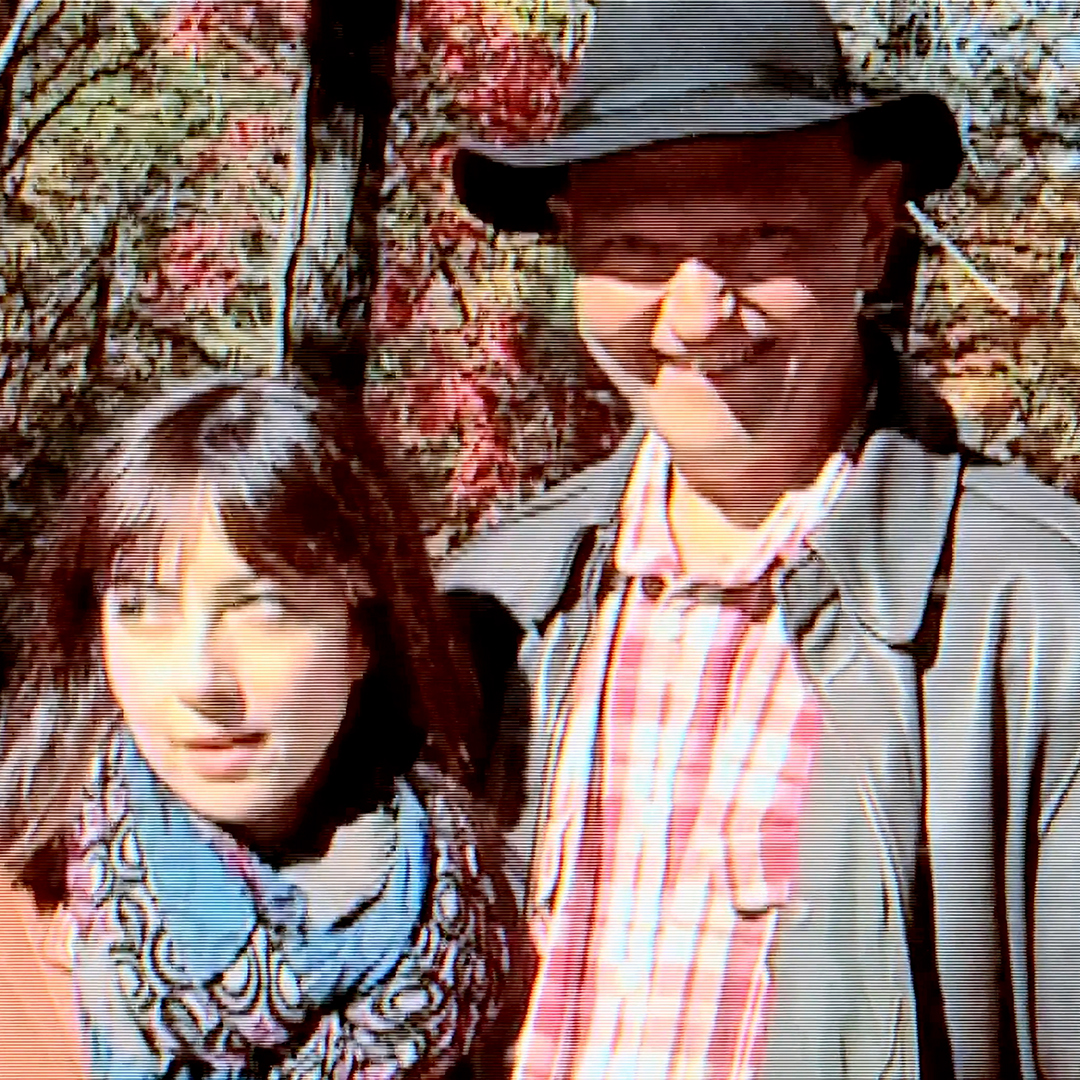
SYNOPSIS
Roy Alexander has been losing his words for years. Lately, it has gotten so bad that he has to document each word he still has with a label machine. He no longer has dominion over his language, and for Ellie, his daughter, this loss extends to all things. Ellie takes care of Roy in his sickness, but she doesn’t want anybody to know what is happening to her father. She sacrifices her social life, even the prospect of marriage to on-again, off-again boyfriend Mike, to take care of Roy, believing her father is too well- respected by his peers for them to know about his mental degeneration. She can’t let people find out that he is slowly going away, word by word — of maybe she can’t even admit it to herself. Trying to capture her dad’s words before they disappear, to give her dad one more chance to be the eloquent, brilliant man he once was, Ellie hires Stu to produce his video application for the “Lifetime Legacy” award. Ellie wants everybody to see her father as he was, and is afraid or ashamed to show him as he is. However, Stu turns out to be just another part of Ellie’s life that cannot be governed. And this document of Roy, this recording of his words, accidentally exposes the truth, just as the labels Roy uses to maintain normalcy in his life ultimately draw attention to the illness that disrupts it.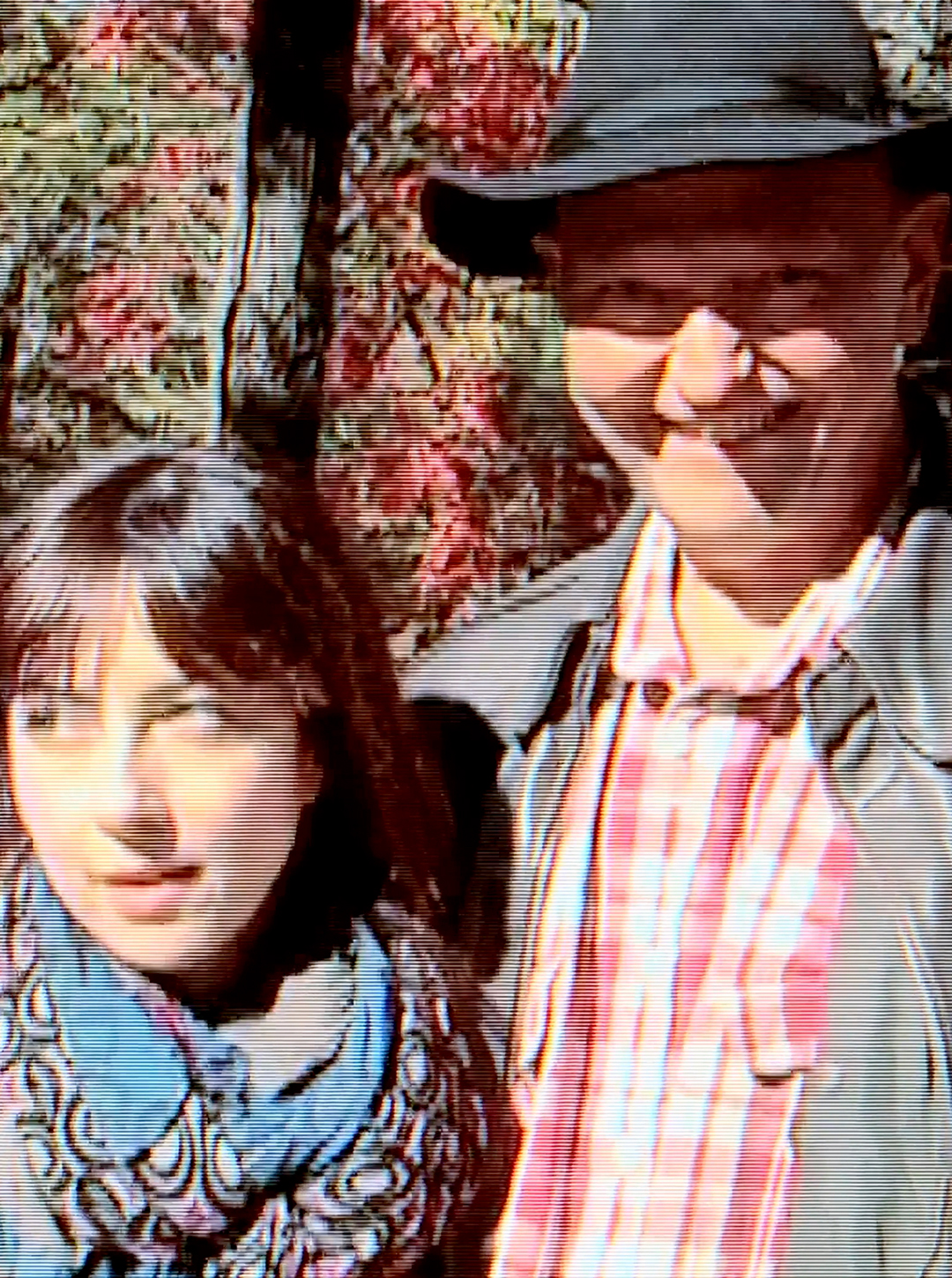
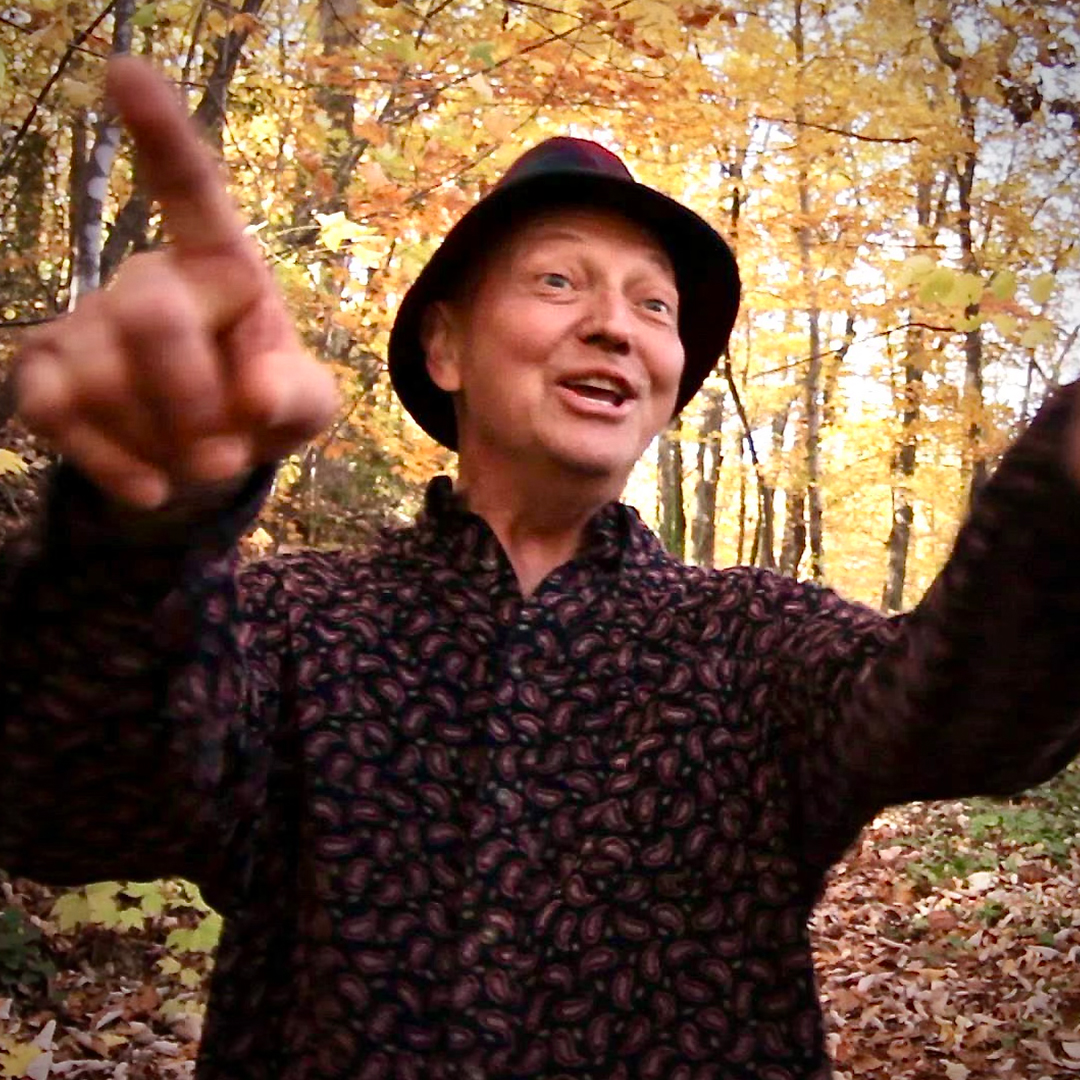
What the Water Takes
By Cameron Cook
In Chris White and Emily Reach White’s GET BETTER, communication and control have the physical properties of water. And, like the water that Ellie is so drawn to each night, Roy’s words are impossible to harness. Language, for Roy, is a drop of water in the ocean, both completely present and absent. The decision to make Roy a Shakespearean is the filmmaker’s first hint that words are vastly important to the narrative. Not only is Shakespeare the most universally beloved of all English language writers, he is also the creator of thousands of words that are still used today. Shakespeare did not just use words, he cut them himself and wielded them. He placed them into the mouths of others, and used them to tell huge stories in small places. Roy knows this about Shakespeare, and he knows the value that Shakespeare placed upon words.He knows that language is not static, but forever changing, and that, like water moving over a beach, the landscape of language is constantly in motion. Roy’s words are being washed away, and he can’t use the ones he has left because of Ellie’s Fears.
Unlike Roy, Ellie is hyper-aware of the world around her. She can glide effortlesslythrough water, and she does so often, so she can feel like she is in control of her life. Mike wants to marry her, but the decision as to when is totally left to her. At times, her relationship with Mike feels like an effort to control somebody the way her father’s illness controls her, to make somebody else feel as helpless and dependent upon another person as she is.
Ellie swims in defiance. She is weightless and free within the ever-changing form of an uncontrollable substance. Psychologically, Ellie needs to know that she can resist the danger of water. She needs to know that she has dominion over her surroundings. In a flashback, Ellie is putting make-up on her mother’s face. Her mother inches closer and gives Ellie the command to take care of her father. The flashback is overwhelming because the audience sees that Ellie’s mother, too, lost her independence late in life.
Ellie has had to deal with two parents who need help the way infants do. With both parents suffering from an inability to govern themselves, it is clear why Ellie has a hard time loosening her grasp.
Like Ellie, a body of water is isolated. For her, her father’s pool is an oasis, which is a term that comes from the Latin word for home. For Ellie, water is her home, but it isolates her from her life. The pool is her oasis because of what is isn’t, not what it is. While her life is complicated and stressful and fast, the water is consistent. When she swims, it is always the same. Even though water is unbalanced and constantly moving, for Ellie, this is her only place of comfort.
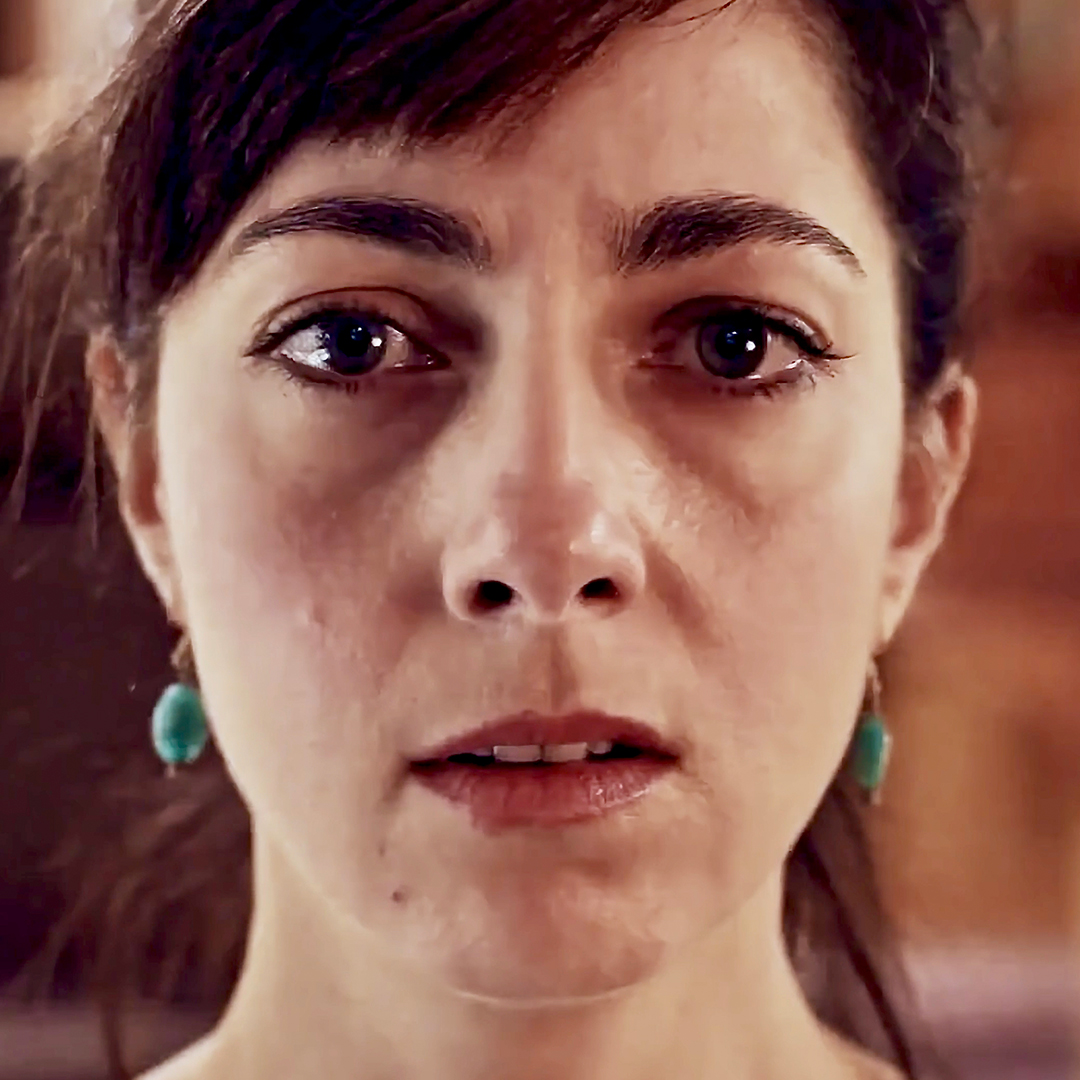
Water cleanses, and in Ellie’s case, she ends each day with a swim. She cleanses herself of the day’s stress by entering the safety of the water.
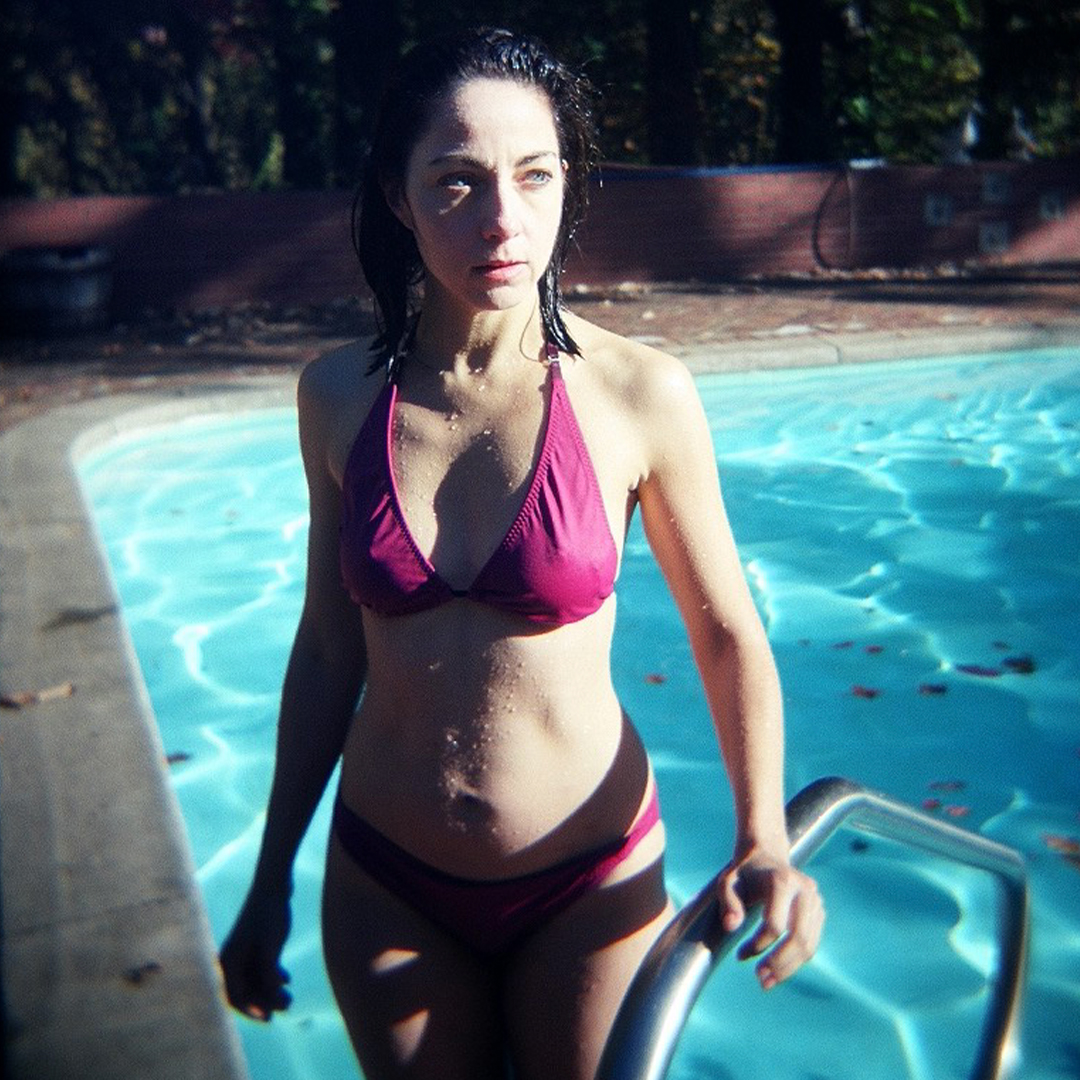
Even during her father’s funeral, the only place that Ellie can find peace is in the pool. This time, however, instead of using the pool as a means of isolation, Ellie uses it as a way to be vulnerable in front of others. Friends and family have been sharing their condolences with her, and Ellie doesn’t know how to react. She doesn’t know how to respond. Like her father, she is finally left wordless. Swimming is Ellie’s way of interacting with those who offer their sympathies, at the point when her words fail her. It takes her father’s death for her to realize that control is impossible. That life goes on, even when it is hard, and the only way to deal with it is to accept what we cannot control. Roy knows this at the end of his life, and in his letter to Stu, he has gathered his last remaining words to remind Ellie how important it is to face whatever the world hands you, fearlessly. In his degenerative condition, Roy has had to slowly learn that control is an illusion — it seeps away like water and, like language, constantly changes meaning. When Ellie enters the pool at her father’s funeral, she changes the meaning of the water, allowing others to see her broken and desperate. From her lowest place, she takes heart.
Writer Director’s Statement
Susan Sontag, in Illness as Metaphor, writes about the social stigma associated with big, life-changing diseases such as cancer. With an undiagnosed disease, especially one that has neurological symptoms, the shame multiplies exponentially. You get told to buck up. To quit faking it. To stop being so needy — stop seeking attention. To grow up. All in the name of medicine. That shame is the reason I’m interested in stories about sickness. I had to know. When did we stop listening to the sick? When did we start blaming the sick for their sicknesses? When did we start thinking that doctors are infallible? That the human condition can be put down on a chart? Turns out it was a long time ago. Turns out we’ve been mistreating the sick for just as long as we’ve been treating them. Turns out the entire history of disease is the history of science getting it wrong. Of science saying: There is no disease here. These are not the droids you’re looking for. Pay no attention to the man behind the curtain. Until something or someone. Usually someone driven by a loved one, a belief — a story — forced a reckoning between the established scientific community and the upstart disease. The upstart diabetes. The upstart AIDS. The upstart late stage Lyme disease. I like blending stories and science not because I think a poet would make a good surgeon or because I think making a great film will cure cancer. It’s because culture always runs ahead of politics. It’s because truths have to exist at the level of story before they’ll ever exist at the level of history. It’s because great stories always envision and necessitate new technologies and new sciences — never the other way around. It’s because stories, not science or technology but stories, are always on the leading-edge.Writer-Director, Emily Reach White, June 2012
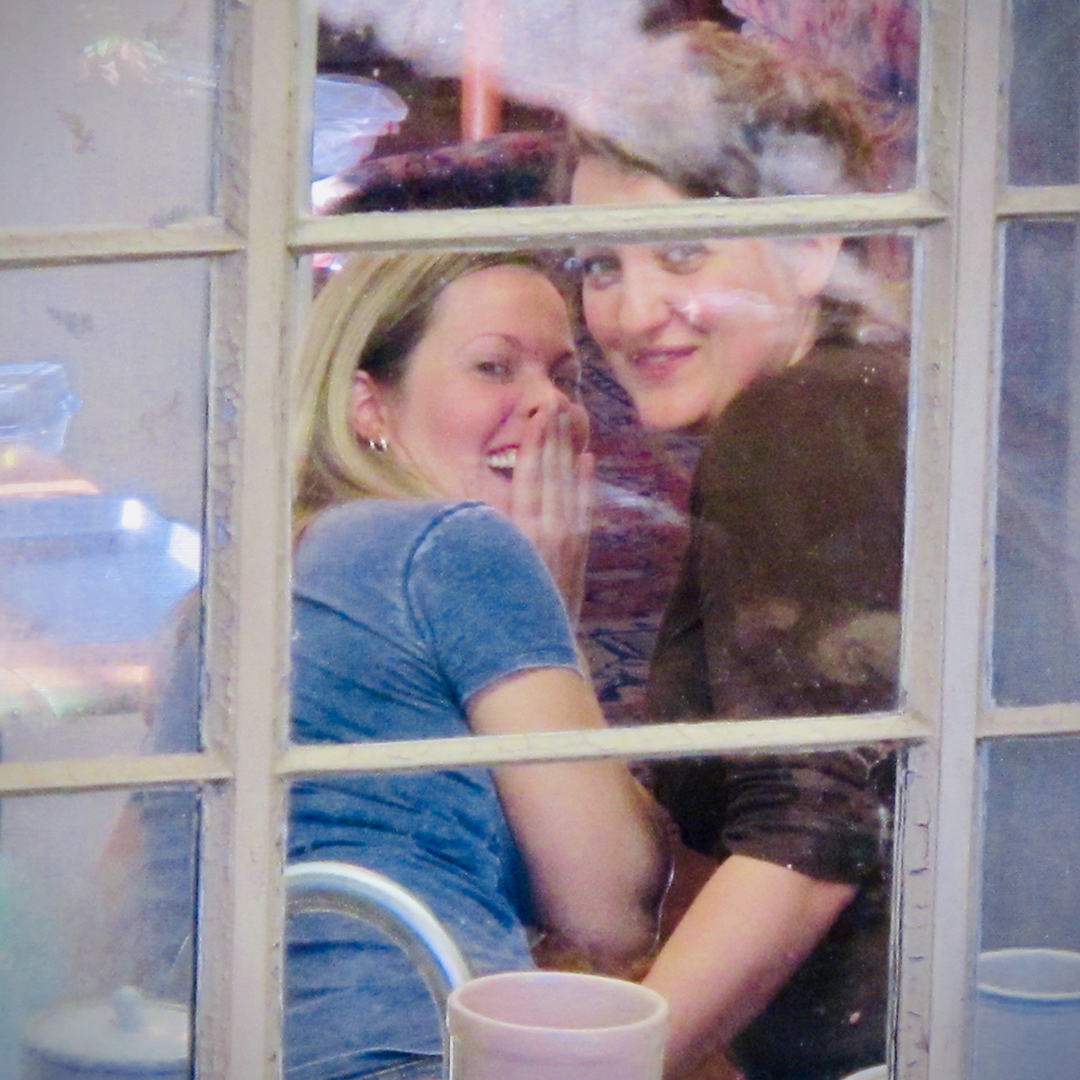
ADDITIONAL CAST
James Lisa Justice
Mrs. Alexander Beverly Moore
School Nurse Jennifer Baxley
